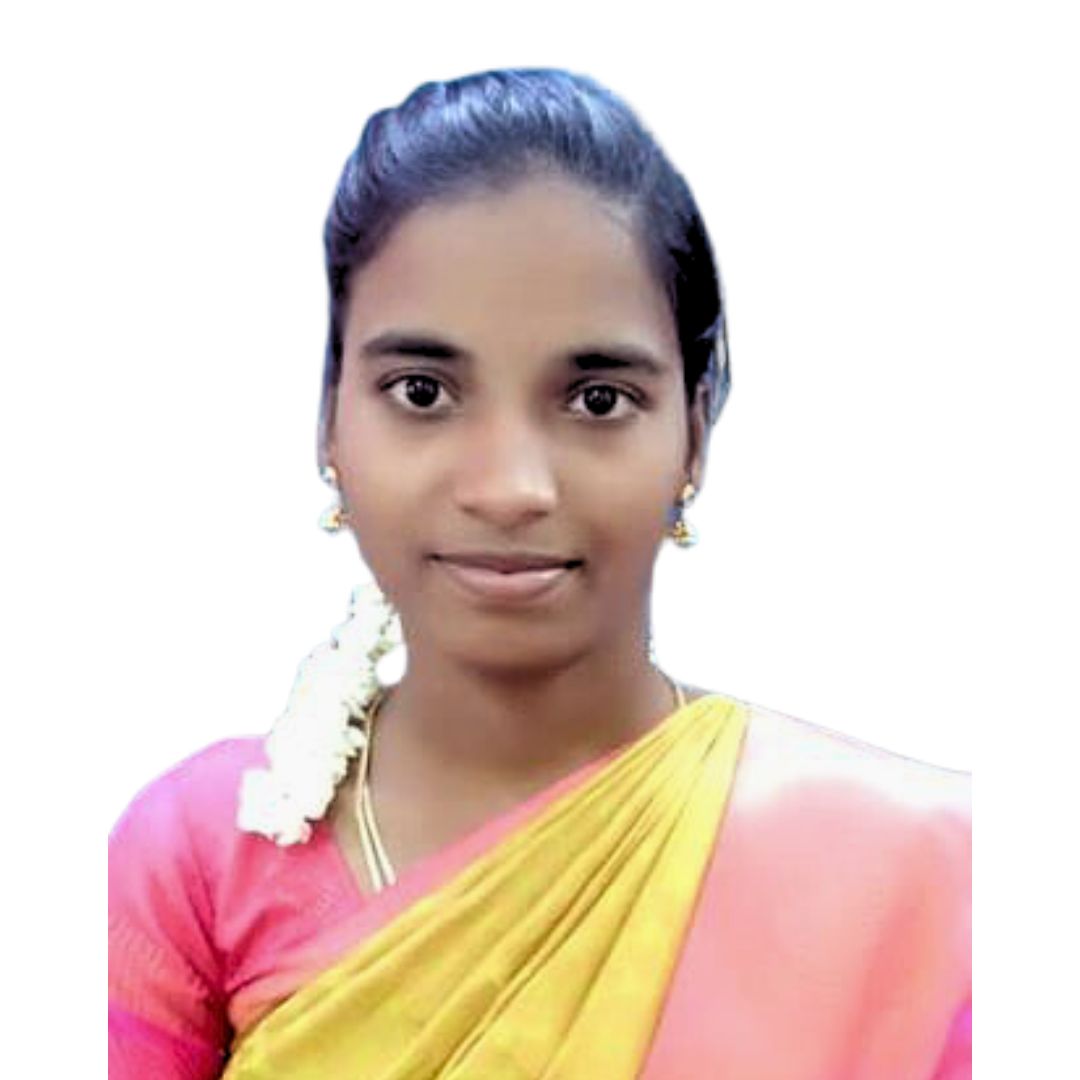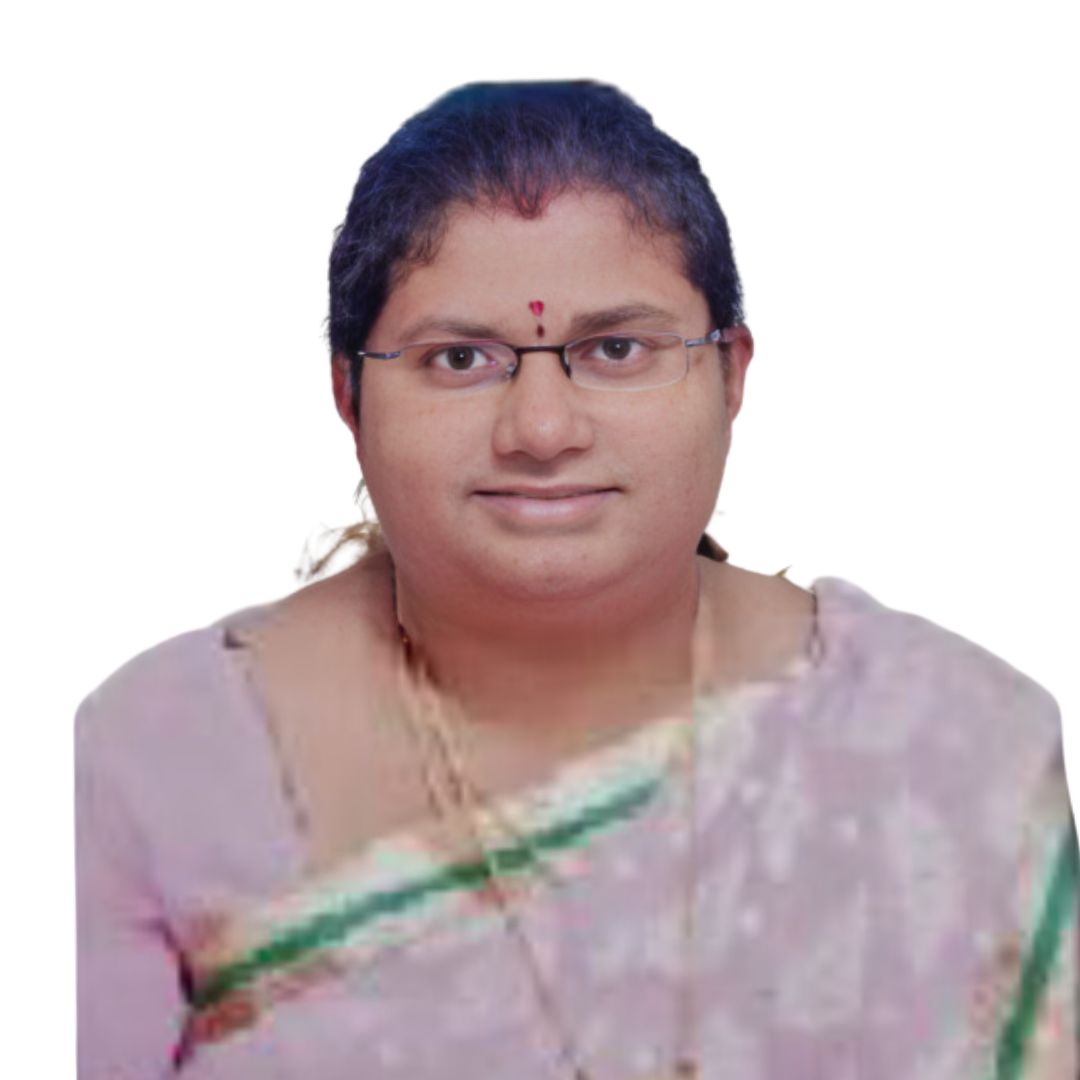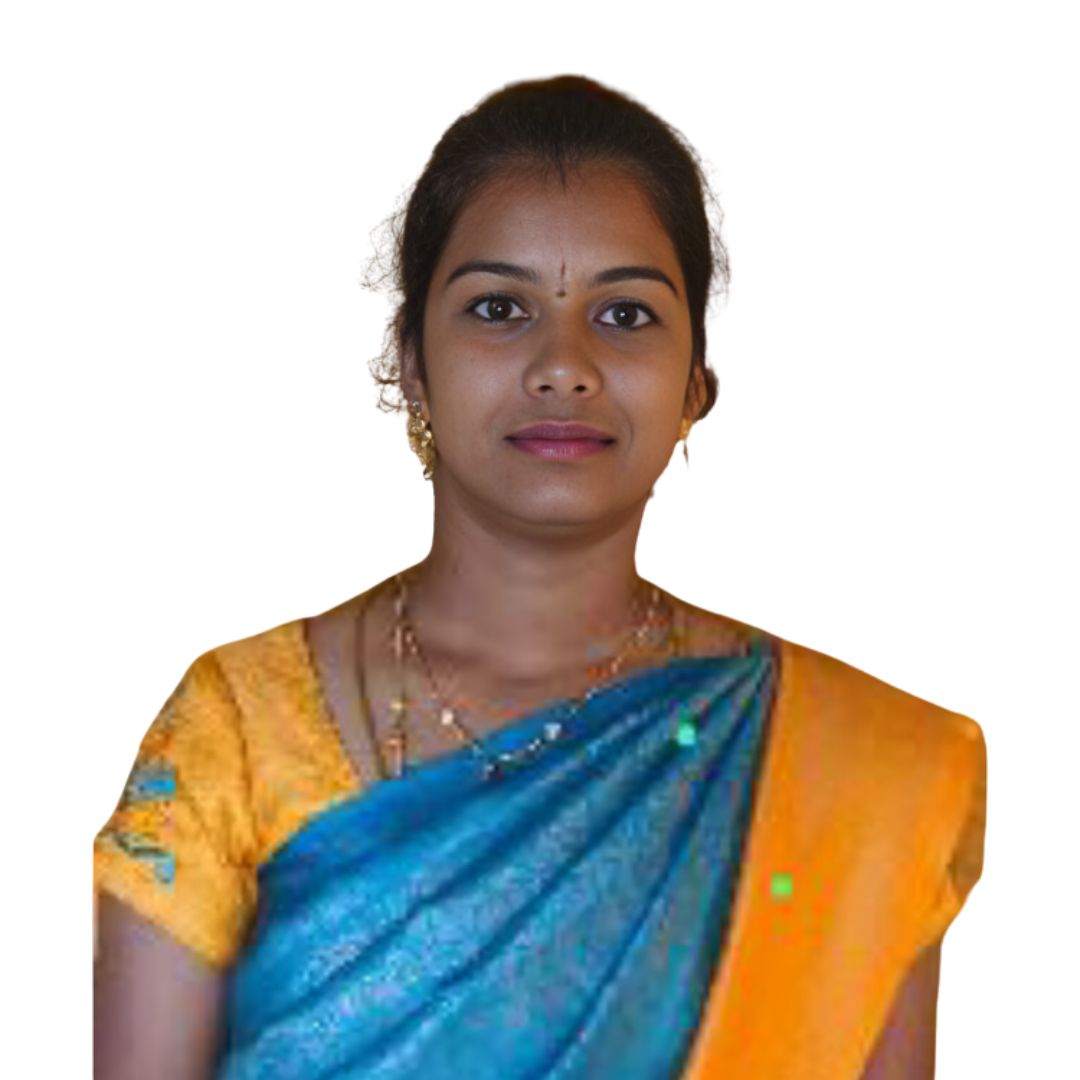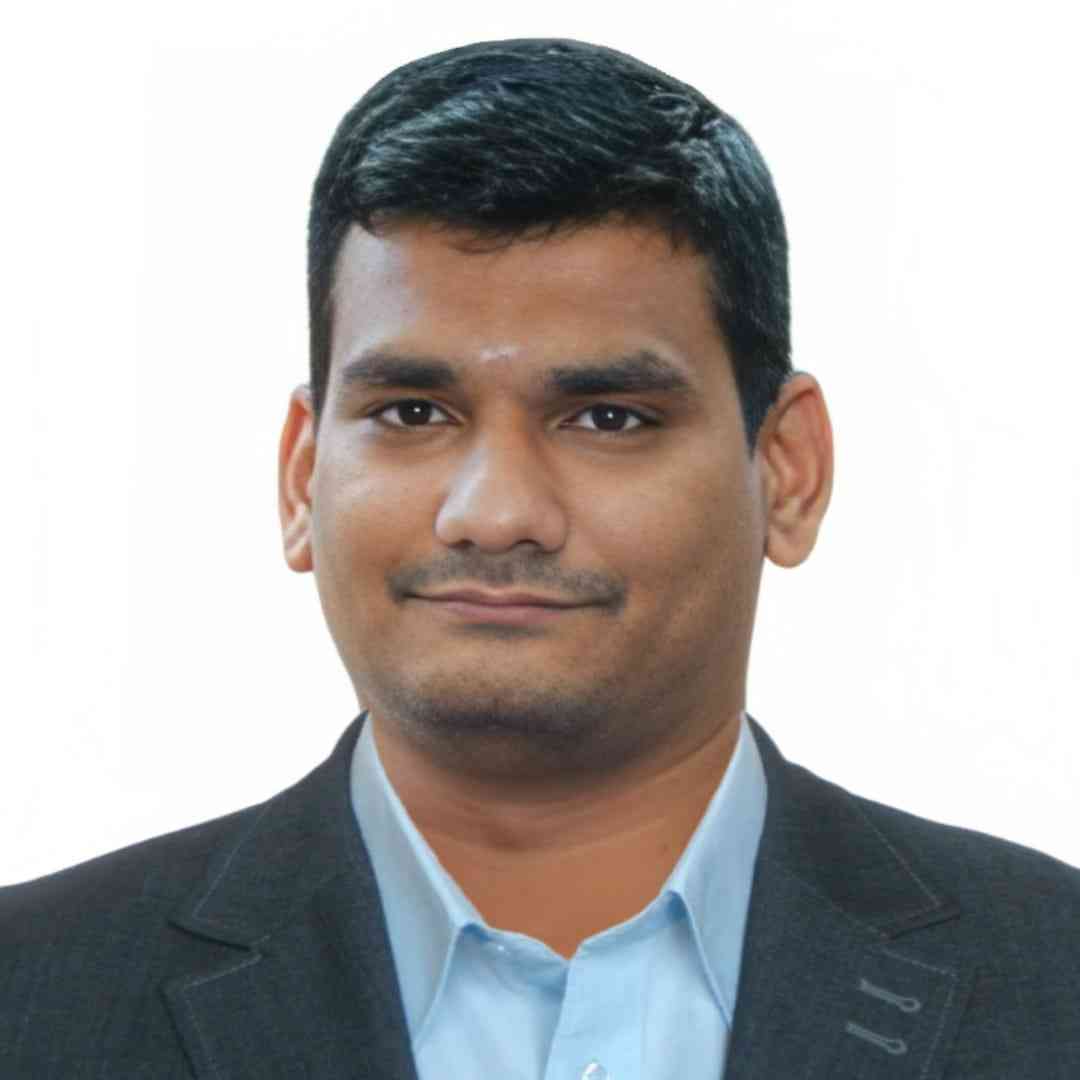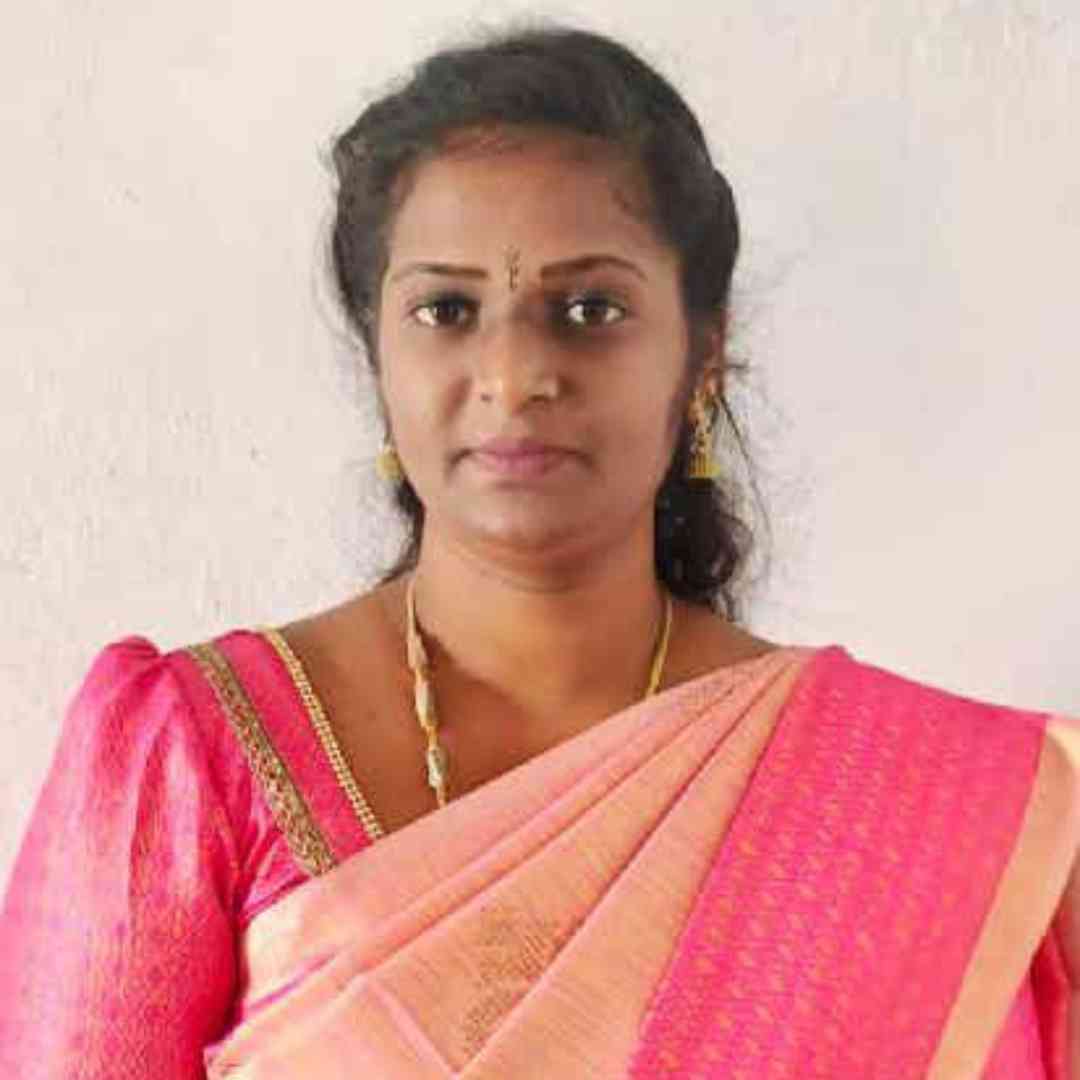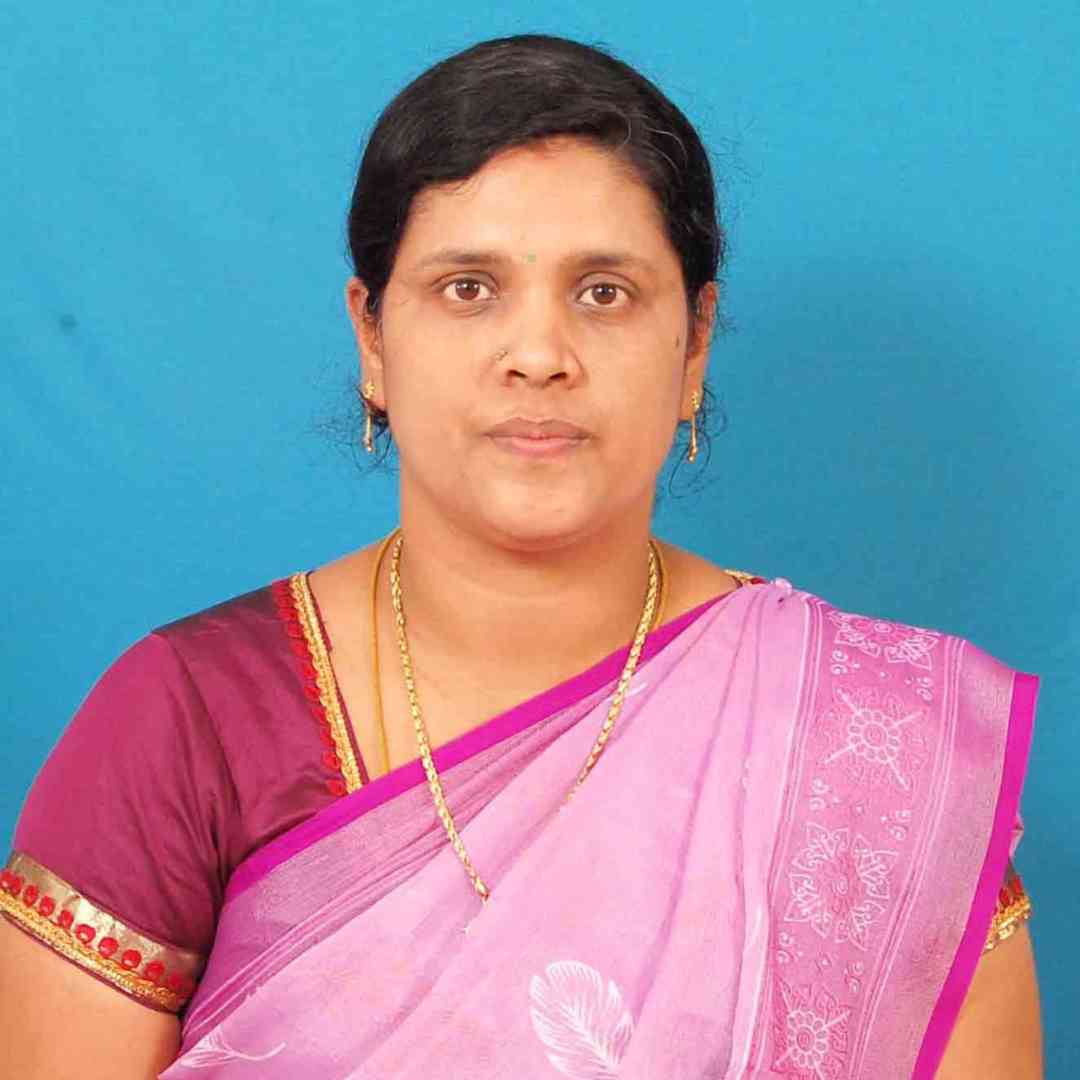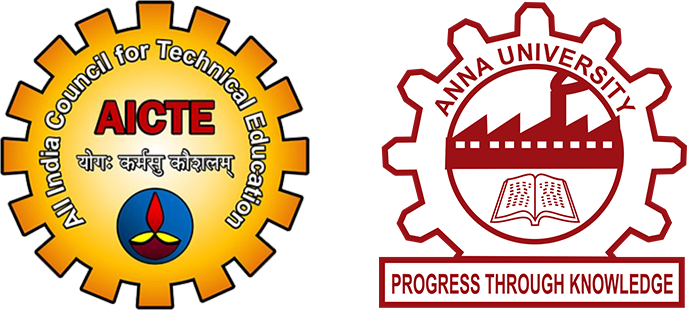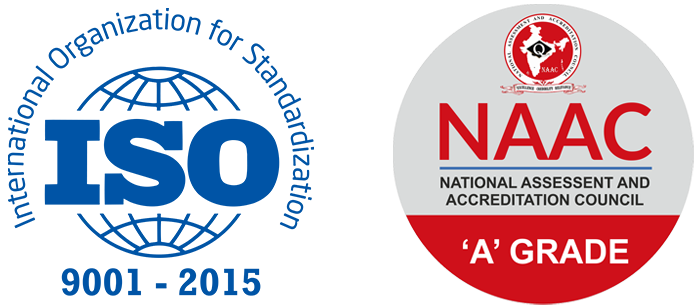P.S.V College of Engineering and Technology
B.E – BIOMEDICAL ENGINEERING
The Department of Biomedical Engineering is established in 2021-2022 to cater to the growing demands for biomedical devices and procedures. The program is duly approved by AICTE and affiliated to Anna University with an intake of 30. The demand for engineers with background in biology and medicine is growing rapidly. BME is an emerging and exciting discipline of engineering that has got tremendous potential for research, development and employment. Biomedical engineering may be defined as the study and application of engineering principles and techniques to the medical field. It is a combination of technical knowledge in biology and medicine to improve life quality. It is an apt career for those who have a keen interest in medicine and healthcare.
BME is concerned with the development and manufacture of prostheses, medical devices, diagnostic devices, drugs and other therapies. This unique field encompasses bio-instrumentation, bio-materials, bio-mechanics, medical imaging, genetic engineering, orthopedic surgery, cellular and tissue engineering. The combination of Mechanical Engineering, Electronics Engineering, and Sciences with Computers for communication and control led to the emergence of interdisciplinary courses such as Mechatronics, Computer Integrated Manufacturing (CIM), Geographical Information System (GIS), Bio Technology, Bio Mechanics, Bio Medical Instrumentation and Bio Medical Engineering.
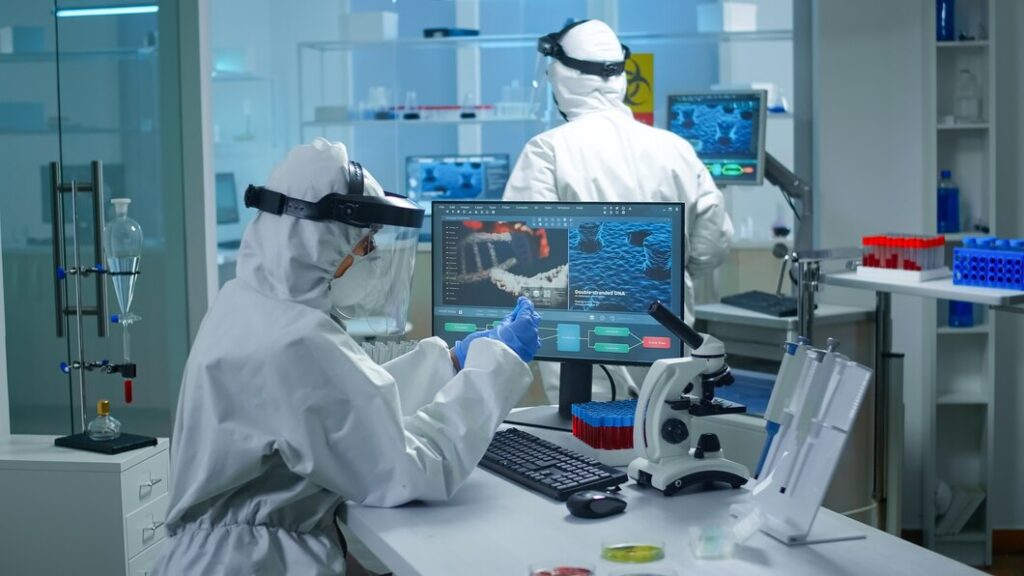
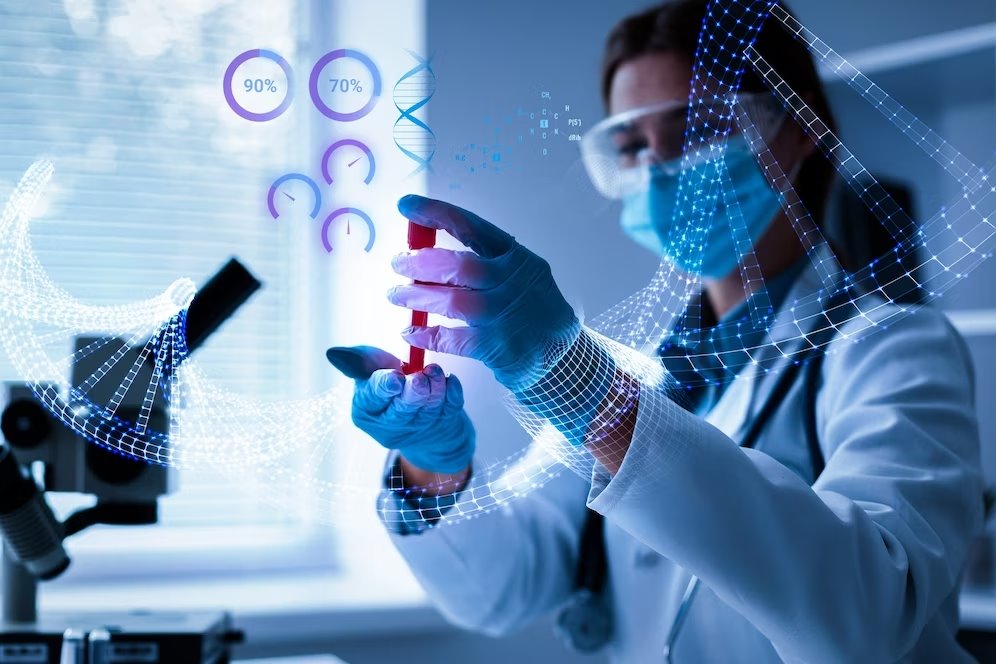

Vision
Encourage creativity, self-learning and innovation components or process that meet desired needs in biology or medicine Evaluate health problems for the human prosperity and society needs.

Mission
M1: To Train the students as a well trainer for handling medical equipment’s. M2: To emerge engineering principles for improve healthcare industry standards . M3: To provide students with fundamental knowledge and skills needed to excel at the integration of engineering, science, and medicine to solve biological and medical problems, improve quality of life, and become future biomedical engineering leaders. M4: To develop clinically translatable solutions for human health by training the next generation of biomedical engineers, cultivating leaders, and nurturing the integration of science, engineering, and medicine in a discovery-centered environment. M5: To develop customized devices and provide advice for selecting, handling and maintaining medical equipments. M6: To use their understanding of living systems and technology to design and test new products.
PROGRAM OUTCOMES (POs)
Engineering Graduates will be able to
PO1: ENGINEERING KNOWLEDGE:
Apply the knowledge of mathematics, science, engineering fundamentals, and Engineering specialization to the solution of complex engineering problems.
PO2: PROBLEM ANALYSIS:
Identify, formulate, research literature, and analyze engineering problems to arrive at substantiated conclusions using first principles of mathematics, natural, and engineering sciences.
PO3: DESIGN/DEVELOPMENT OF SOLUTIONS:
Design solutions for complex engineering problems and design system components, processes to meet the specifications with consideration for the public health and safety, and the cultural, societal, and environmental considerations.
PO4: CONDUCT INVESTIGATIONS OF COMPLEX PROBLEMS:
Use research-based knowledge including design of experiments, analysis and interpretation of data, and synthesis of the information to provide valid conclusions.
PO5: MODERN TOOL USAGE:
Create, select, and apply appropriate techniques, resources, and modern engineering and IT tools including prediction and modeling to complex engineering activities with an understanding of the limitations.
PO 6 The engineer and society
Apply reasoning informed by the contextual knowledge to assess societal, health, safety, legal and cultural issues and the consequent responsibilities relevant to the professional engineering practice.
PO 7 Environment and sustainability
Understand the impact of the professional engineering solutions in societal and environmental contexts, and demonstrate the knowledge of, and need for sustainable development.
PO 8 Ethics
Apply ethical principles and commit to professional ethics and responsibilities and norms of the engineering practice.
PO 9 Individual and team work
Function effectively as an individual, and as a member or leader in diverse teams, and in multidisciplinary settings.
PO 10 Communication
Communicate effectively on complex engineering activities with the engineering community and with society at large, such as, being able to comprehend and write effective reports and design documentation, make effective presentations, and give and receive clear instruction.
PO 11 Project management and finance
Demonstrate knowledge and understanding of the engineering and management principles and apply these to one‘s own work, as a member and leader in a team, to manage projects and in multidisciplinary environments.
PO 12 Life-long learning
Recognize the need for, and have the preparation and ability to engage in independent and life-long learning in the broadest context of technological change.
PROGRAM EDUCATIONAL OBJECTIVES (PEOs)
PEO1:
To enable the graduates to demonstrate their skills in design and develop medical devices for health care system through the core foundation and knowledge acquired in engineering and biology.
PEO2:
To enable the graduates to exhibit leadership in health care team to solve health care problems and make decisions with societal and ethical responsibilities.
PEO3:
To Carryout multidisciplinary research, addressing human healthcare problems and sustain technical competence with ethics, safety and standards.
PEO4:
To ensure that graduates will recognize the need for sustaining and expanding their technical competence and engage in learning opportunities throughout their careers.
PROGRAM SPECIFIC OBJECTIVES (PSOs)
PSO1:
To design and develop diagnostic and therapeutic devices that reduces physician burnout and enhances the quality of life for the end user by applying fundamentals of Biomedical Engineering.
PSO2:
To apply software skills in developing algorithms for solving healthcare related problems in various fields of Medical sector.
PSO3:
To adapt to emerging information and communication technologies (ICT) to innovate ideas and solutions for current societal and scientific issues thereby developing indigenous medical instruments that are on par with the existing technology
DEPARTMENT LABORATORY
- Bio Science Laboratory
- Fundamentals of Devices and Laboratory
- Sensors and Measurements Laboratory
- Object oriented programming Laboratory
- Analog and Digital Integrated Circuits Laboratory
- Bio medical Instrumentation Laboratory
- Embedded systems and IOMT Laboratory
- Diagnostic and Therapeutic Equipment Laboratory
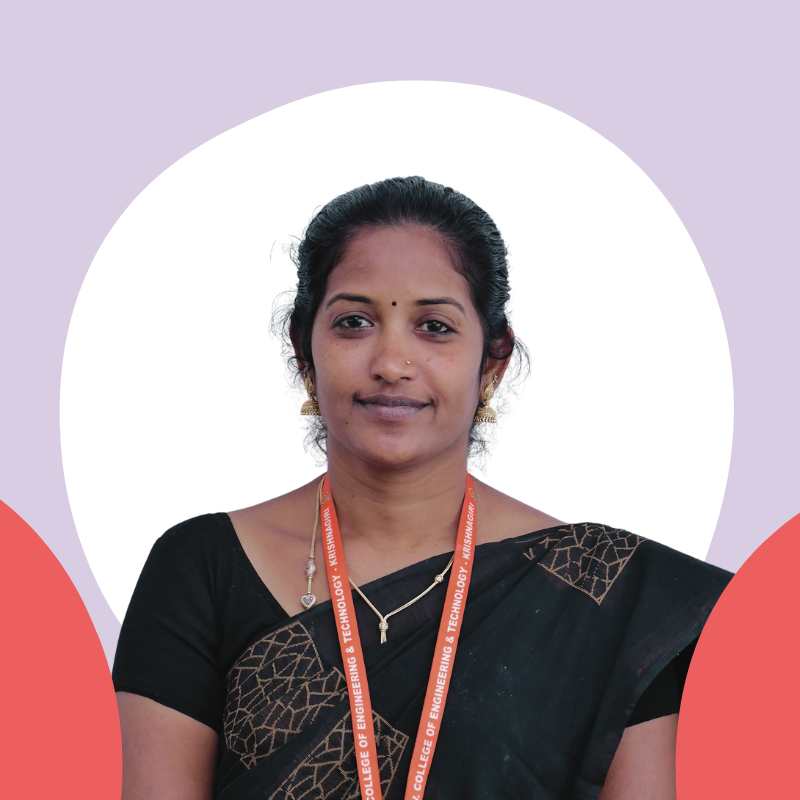
SASIKALA M ME
HOD (ASSISTANT PROFESOR)
- hodbio@psvcet.ac.in
- Specialization: BIOMEDICAL ENGINEERING
- View Profile
